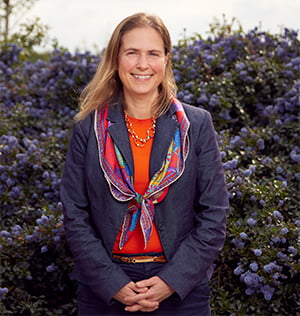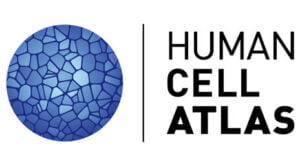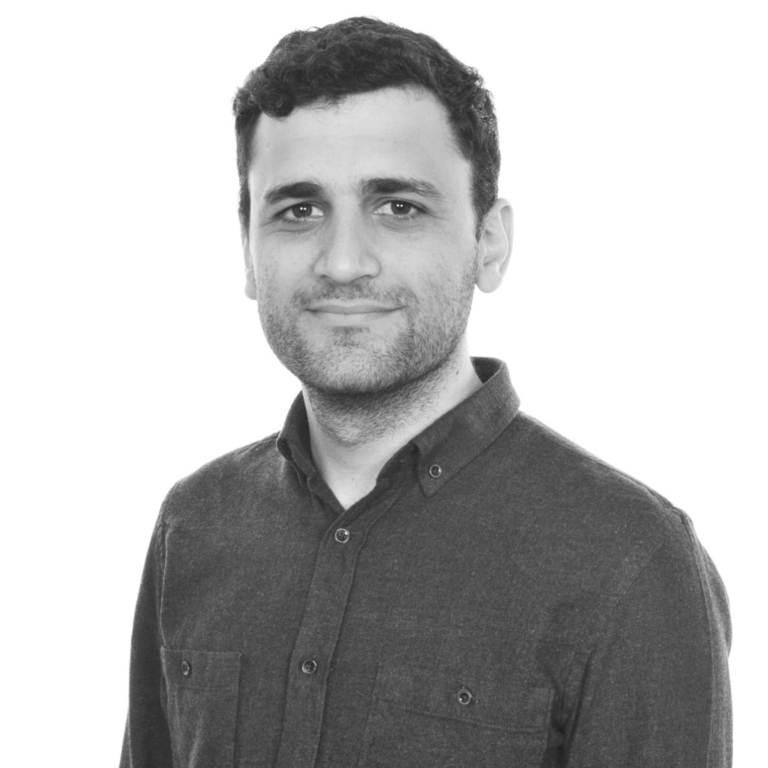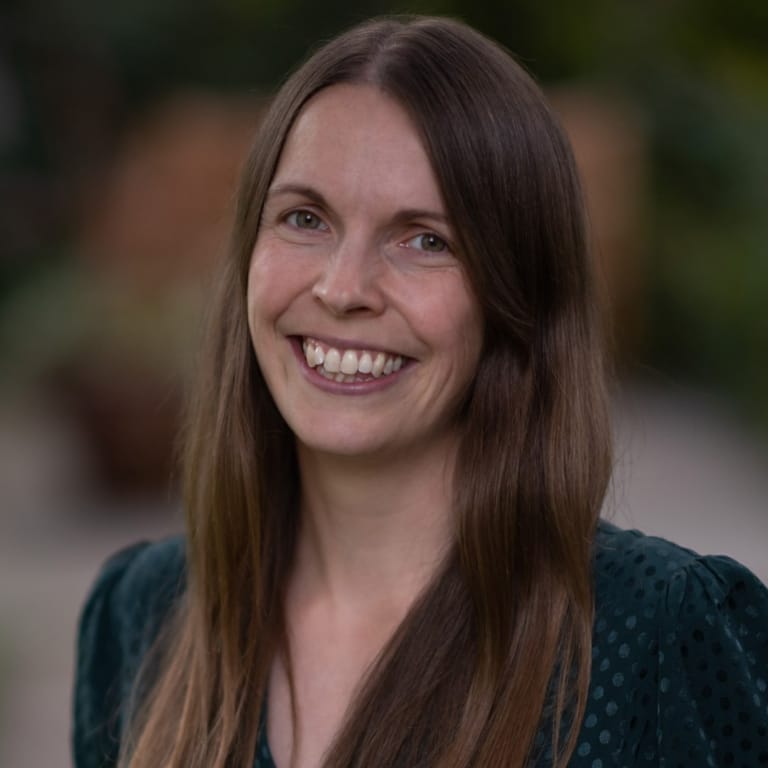
Earlier this month, the European Molecular Biology Organization (EMBO) and Federation of European Biochemical Societies (FEBS) announced Dr Sarah Teichmann as the recipient of the FEBS | EMBO Women in Science Award 2023.
Image credit: Onur Pinar, Wellcome Sanger Institute
Sarah, Head of Cellular Genetics at the Wellcome Sanger Institute, was awarded a Lister Institute Fellowship in 2010 and was elected as a Member of the Institute in 2016.
The Women in Science Award was established in 2007. It recognises and highlights female scientists working in Europe who have made a significant contribution to biomedical research over the past five years and are inspiring role models for other women in science.
Sarah received the award thanks to her outstanding contributions in three scientific areas: protein assemblies, regulation of gene expression and, most recently, single-cell phenotyping, including mapping of immune cells. She will receive a prize of 10,000 Euros and a bronze statuette. She will also deliver a plenary lecture at the FEBS Congress in France this July.
“I am incredibly honoured to receive this award, I have been involved with EMBO and FEBS in different capacities for many years and have always tried to advocate for increasing inclusion in science.”
Sarah Teichmann
Sarah added: “I would like to thank everyone in my group past and present, as well as my collaborators and colleagues, for their support and encouragement over the years.”
Dr Madan Babu, another Lister Fellow, was Sarah’s first PhD student. Now based at St. Jude Children’s Research Hospital, Memphis, USA, he said of Sarah’s accolade: “In every aspect, Sarah Teichmann is a phenomenon. She has inspired a multitude of scientists and had a tremendous impact on science and society through her spectacular, bold, and ground-breaking research.”

Sarah is the co-founder and co-leader of the Human Cell Atlas initiative, on which she works closely with another former Fellow and Scientific Advisory Committee member, Muzlifah Haniffa. The consortium unites over 2,600 scientists from 86 countries on a mission to create cellular reference maps of every human cell.
Currently in the assembly phase, the initiative is integrating data and building detailed atlases of individual organs. It is already revealing more about how we can understand health and supporting translational research to better diagnose, monitor and treat disease. Its approach aims to deliver ethical and equitable results and seeks to be globally representative and inclusive of female scientists.
We reported last year on how Sarah’s ongoing work on the Human Cell Atlas has helped to explain why a type of infant leukaemia – B-cell acute lymphoblastic leukaemia (B-ALL) – often evades treatment.
At the Lister, we wholeheartedly support Sarah’s advocacy for supporting women in academia and creating a better research culture for all. We warmly congratulate her on winning this incredibly special award.
Read more about Sarah’s work on the Teichmann Lab’s website.



